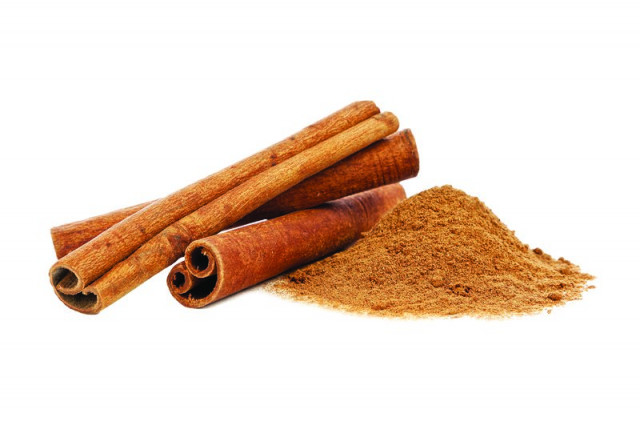Not so spicy: Cinnamon sales tumble, retailers blame high global prices
Import price of the spice rose 26% every year between 2009 and 2013.

Import price of the spice rose 26% every year between 2009 and 2013.
Spice merchants based out of arguably the country’s largest wholesale market, Jodia Bazaar, say cinnamon sales are down to an unprecedented level.
“Cinnamon isn’t selling well these days. Volumes are down and profits are minimal,” Rahim Ghias, a wholesaler-cum-retailer, told The Express Tribune in a recent interview.
Pakistan does not produce cinnamon, although it is a common spice used in almost all Pakistani kitchens.

Ghias blames a sharp increase in international cinnamon prices for reduced local consumption of the spice in recent years. Pakistani importers paid an average price of almost $1,960 per ton of cinnamon in 2013. The average per-ton price of imported cinnamon has increased 26.2% every year between 2009 and 2013.
“It’s a matter of supply and demand. Imports of cinnamon are getting expensive every year, which is hurting its local demand,” he said.
Asif Attari, who imports spices for onward sale to wholesalers across the country, has another explanation for the decline. He blames the emergence of big food companies that have replaced traditional food cooking with their ready-to-use mixed spice packets.
Attari said most households used to buy cinnamon from the retail market in the past, but now the situation has changed.
“Fewer households now buy cinnamon in the raw form from retailers, as ready-to-use mixed spice packets are more popular now,” he said.
Pakistan imported $2.7 million worth of cinnamon in 2013, the latest year for which the World Trade Organisation (WTO) data are available. The value of cinnamon imports in 2013 was down 9% compared with the preceding year, data show.
According to Attari, Chinese cinnamon is more popular in Pakistan than other varieties from Sri Lanka and Vietnam.

Almost 90% of Pakistan’s imported cinnamon came from China in 2013. The rest of the imports came from India (6.5%) and Sri Lanka (3%).
Attari believes the decline in cinnamon consumption has been relatively steady for many years.
“Both values and volumes of cinnamon that we import have been going down constantly. The fact is that we simply don’t consume much cinnamon anymore,” Attari said.
The value of cinnamon imports has declined by an average of 7.6% every year from 2009 to 2013.
In terms of volume, the decline in cinnamon imports is steeper. Pakistan imported over 1,400 tons of cinnamon in 2013, which is 28.6% less than in 2012.
The volumetric decline in cinnamon imports has been 27% per year between 2009 and 2013, WTO data show.
As an example, Attari cites herbal medicines that involve large proportions of cinnamon. “Herbal medicines have gone out of fashion in Pakistan, which has also affected cinnamon consumption.”
The writer is a staff correspondent
Published in The Express Tribune, February 9th, 2015.
Like Business on Facebook, follow @TribuneBiz on Twitter to stay informed and join in the conversation.


















COMMENTS
Comments are moderated and generally will be posted if they are on-topic and not abusive.
For more information, please see our Comments FAQ